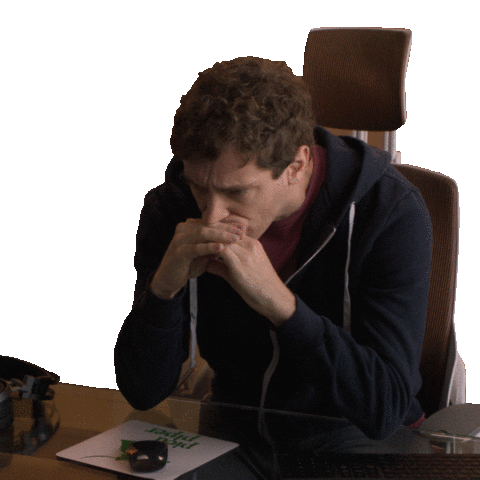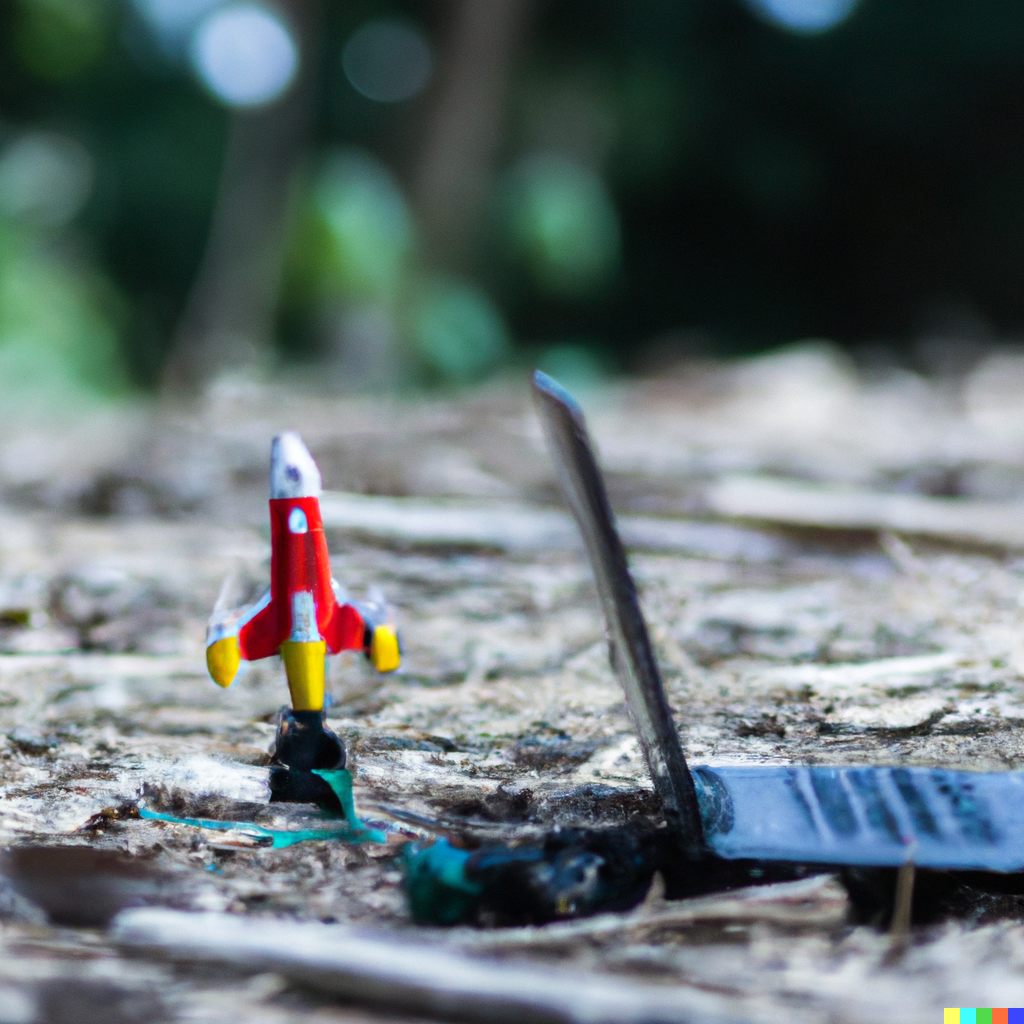In the business world, failure has become an expected rite of passage. You hear all the time that nine out of ten new businesses fail. You hear that your business’s chances are slim to none. You hear that failure builds character. People advise, “Fail early and fail often.”
With so much failure in the air, you can’t help but breathe it in. Don’t inhale. Don’t get fooled by the stats. Other people’s failures are just that: other people’s failures.

If other people can’t make their product, it has nothing to do with you. If other people can’t build a team, it has nothing to do with you. If other people can’t price their services properly, it has nothing to do with you. If other people can’t earn more than they spend… Well, you guessed it.
Another common misconception is: You need to learn from your mistakes. What do you really learn from mistakes? You might learn what not to do again, but how valuable is that? You still don’t know what you should do next.

Contrast that with learning from your successes. Success gives you real ammunition. When something succeeds, you know what worked and you can do it again, and the next time, you’ll probably do it even better.
Failure is not a prerequisite for success. A Harvard Business School study found already successful entrepreneurs are far more likely to succeed again (the success rate for their future companies is 34 percent). But entrepreneurs whose companies failed the first time had almost the same follow-on success rate as people starting a company for the first time: just 23 percent. People who failed before have the same amount of success as people who never tried at all. Success is the experience that actually counts.

That shouldn’t be a surprise: It’s exactly how nature works. Evolution doesn’t linger on past failures, it’s always building upon what worked. So should you.
“Try, Try Again, or Maybe Not”
We are not bashing the notion of failure just saying it’s overrated, It is true that learning from failure can be difficult and may not always lead to success. However, it is generally considered to be an important aspect of personal and professional growth. Failure can provide valuable lessons and insights that can help us improve and become more successful in the future.
One of the main benefits of learning from failure is that it helps us develop resilience and persistence. When we encounter challenges or setbacks, it is natural to feel discouraged or defeated. However, by learning from our failures and continuing to pursue our goals despite these challenges, we can build the mental toughness and determination needed to achieve success.

Additionally, learning from failure can help us identify and address any weaknesses or areas for improvement in our approach or strategy. By analyzing what went wrong and making adjustments, we can increase our chances of success in the future.
Overall, while learning from failure may not always be easy or pleasant, it can be a valuable source of growth and development. It is important to keep an open mind and be willing to learn from our mistakes in order to improve and achieve our goals.

Here are some facts about starting a business:
- The most common type of business is a sole proprietorship, which is owned and operated by a single person.
- According to the Small Business Administration, small businesses make up 99.9% of all businesses in the United States.
- The most popular industries for small businesses are healthcare, construction, and professional, scientific, and technical services.
- The average age of a small business owner is 50 years old, and the majority (52%) are male.
- The average startup costs for a small business are around $30,000, but this can vary greatly depending on the type of business and its location.
- The success rate for small businesses is relatively low, with only about half surviving their first five years. However, those that do survive have a good chance of success, with about a third of small businesses making it to their tenth anniversary.

Reference: ReWork book and
Images are from Giphy.com


